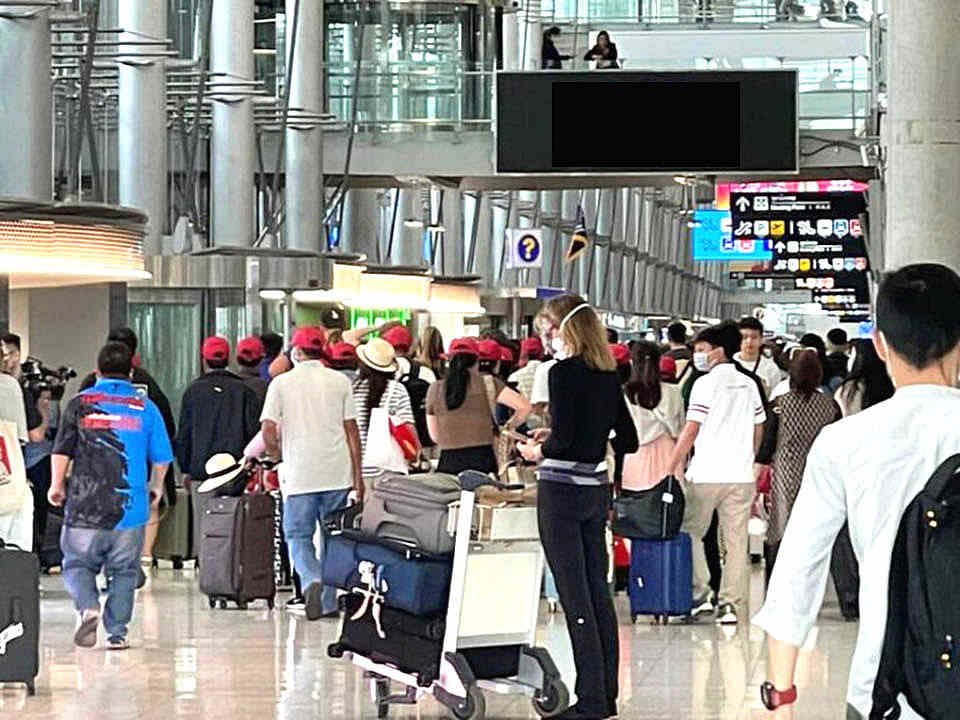
The prime minister’s hope that temporarily suspending visa requirements will automatically result in a quick-fix foreign tourist expansion has proved optimistic. Nationals of China, India, Russia, Taiwan and Kazakhstan all have had visa rules suspended with tourists allowed 30 days on arrival (Russians 90 days). However, the discretion has failed to move the needle on Chinese entries in particular, with flights still only 60 percent of the volume pre-Covid. Many Chinese currently prefer to vacation domestically in a stalled economy and with negative reports about Thailand appearing in Chinese media.
Also on the stocks is a half-promise (but not formally announced) that some European countries, such as the UK and Germany, might see an improvement on the 30 days visa exempt they currently receive to 90 days or three months. The idea is that they would stay longer to enjoy themselves if only the visa rules were softer. Actually, there are around 60 countries potentially able to benefit including the UK, the EU, the United States, Australia and some other traditional sources of tourism in the Middle East.
Again, the potential impact on tourist growth should not be exaggerated. European tourists, for example, currently stay an average of 18 days and most of them presumably have commitments at home which preclude a longer vacation. Moreover, longer-stay tourists do not currently have to leave Thailand after the first 30 days but can extend for a further month at local Thai immigration on payment of 1,900 baht (US$57). Even after that, they can take a day trip to the border, usually Cambodian, and repeat the procedure of 30 days plus a repeat 30 days. So a total of four months or around 120 days is available visa-free under current rules, admittedly with some inconvenience and expense. But the government seems wary of including all 60 countries in an extended visa free discretion.
Thailand’s competitors such as Vietnam, are dismantling visa regulations for some tourists as a direct response to Thailand’s moves. Moreover, there are some concerns of Thai police that the withdrawal of tourist visas, all technically pilot schemes, might be admitting less desirable types. They cite unsubstantiated rumors of Chinese beggars on the streets of Thai cities and a rise in the number of Indian tourists working illegally in restaurants. Yet what is abundantly clear is that changes in visa exemptions are just one determinant of how many tourists enter Thailand. Quick fixes often have a slow fuse.






